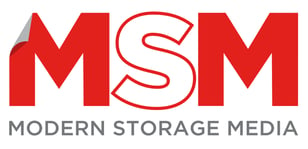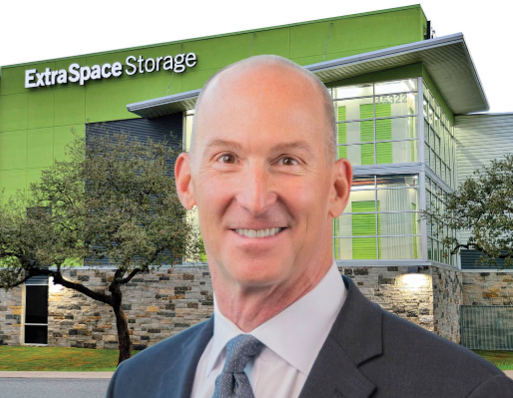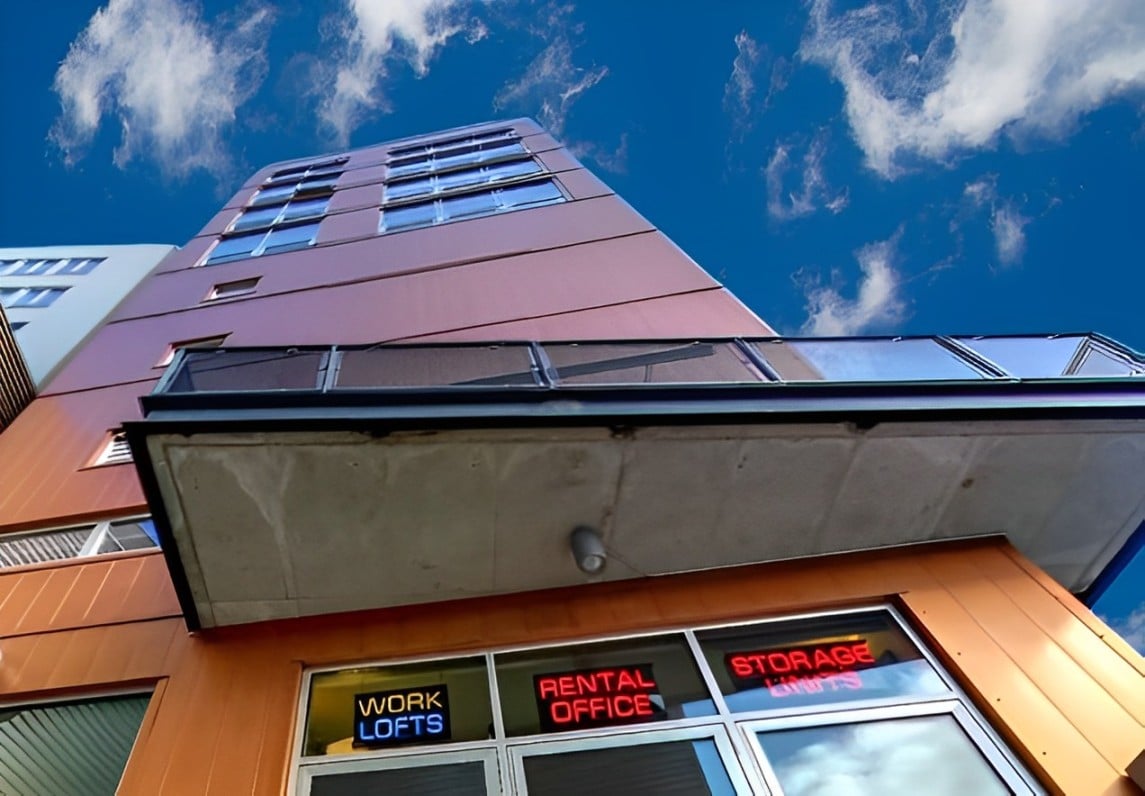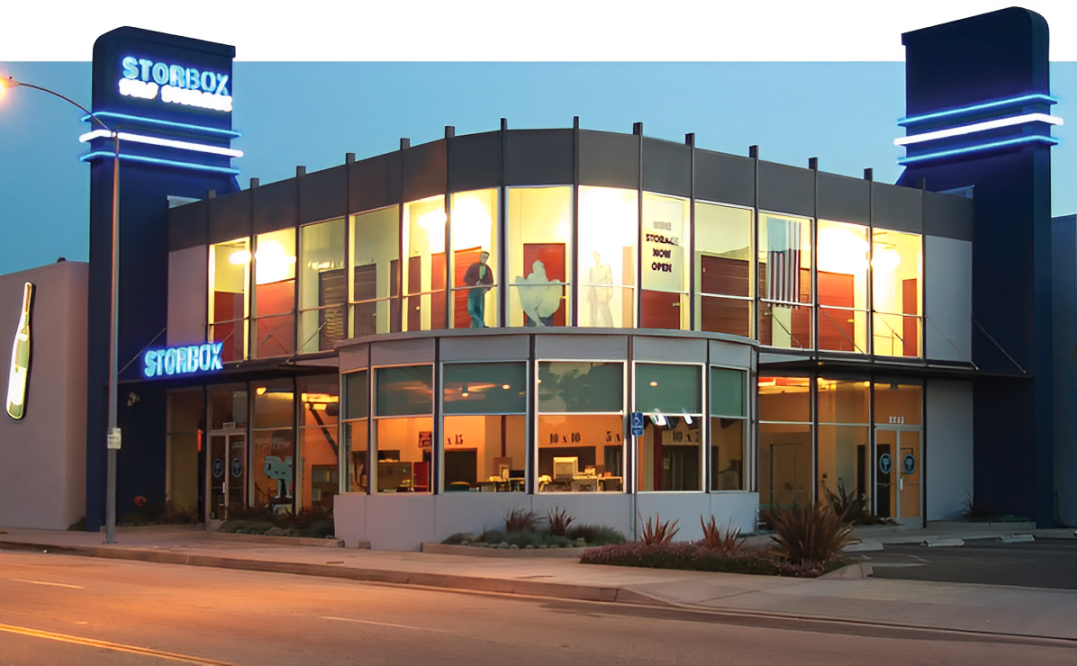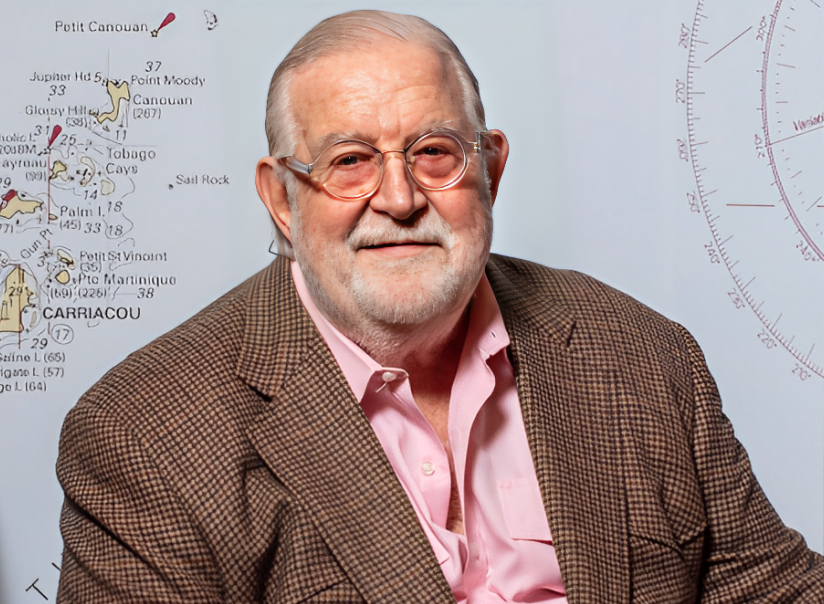“The future ain’t what it used to be.” –Yogi Berra
Joel Deis, vice president and regional manager, Marcus & Millichap – Seattle Office, and national director of Marcus & Millichap’s National Self Storage Group
By Dave Benson, President and CEO, Morningstar Properties
This past September, in a hotel ballroom in downtown San Francisco, I sat with a group of 140 real estate professionals from around the industry, the country, and in few rare instances the globe. For 10 years this group has gathered annually to talk about work and to try and get ahead of the trends, troubles, and opportunities that lay before us in our respective fields around the corners of the real estate world. For the second year running, the theme for the conference was disruption–how technology and innovation are changing our business, and what we, as daily real estate practitioners, should be thinking about it. And, much more immediately, what should we be doing about it?
It was day two of the conference. We all listened eagerly to an intelligent and well-pedigreed private equity entrepreneur, head of a firm founded to invest in disruptive real estate technologies. Funded in good measure by the established industry icons he is hoping to displace, his entire firm is built to identify, fund, and then grow the companies that hoped to replace all of us in that room. Tough audience, to say the least. After his eye-opening rundown of all the compelling new efforts out there in our industry today, a hand went up and the obligatory question was asked: “So, in light of everything you see, what will be the biggest change to the real estate world in the next 10 years?” He thought, waffled a bit on the time frame, and then, without a doubt, he remarked, “Self-storage as we now know it will cease to exist.”
Storage has long been real estate’s outsider. It was born on the edges. Like many of us, Morningstar’s first property, built in 1980, lay at the very outskirts of town on inexpensive, industrial land zoned for only the unfriendliest of commerce. It wasn’t easy to get to or to use. We endured the same comments we all heard: “Who uses those things?” and “It’s a land bank, right?” and “Where are the credit tenants?” Despite the skepticism, and our industry’s almost limitless indifference to even the most meager attempts at aesthetic improvement, performance drove our sector’s steady migration into the mainstream–into the neighborhoods, into the zoning codes, into the institutional portfolios, into the fabric of our everyday world.
Ten years ago, no one at this conference talked storage. Three years ago, we topped everyone’s wish list for “alternative assets”. Now, with one comment, I was on the way out. I had to laugh. It seemed like we had gone from real estate oddity, to visionary, to dinosaur without ever really getting to enjoy our seat at the table. What could possibly have happened to make storage into real estate’s most existentially threatened sector in such short order? I mean, c’mon; what about retail?
Today we are deep into the late stages of an extended cycle that has been very good for our business. We count innings and we talk and think about our current run in terms of our experience with cycles past: Will starts be 700 or 1,100? Will absorption match 2005? Will credit be a governor or an enabler this time? But I would argue that our current environment is fundamentally different than anything we have seen before. Today we face issues of maturity, of obsolescence, of oversupply, of substitutes, of technology, of excess capital, of aggregators, of changing consumption habits, of share economies, of reclaimed garages and dematerialization. What was once a business 101 illustration of a defensible industry now seems threatened on all sides. This is not just another cycle.
I’m a storage believer. Under the pressures of past cycles, portfolios have been bought and sold. Companies large and small have come and gone, but the sector itself has fared well. Even our largest companies are entrepreneurially nimble—quick to act, quick to respond. But the world is speeding up.
And what of our speaker? Storage will cease to exist? Displaced by Clutter and Makespace? Given the option, I’ll take the over.
But, man, has he got me thinking!
More Content
Popular Posts
The self storage industry is in a precarious...
The REITs new pricing strategy – lowering...
With the approval of both companies’...
Recent Posts
Owning or managing a self-storage facility...
Helen Keller is quoted as saying, “Alone we...
It’s often been said that “opportunity is...
There’s a saying in Florida that there are...
The landscape of the self-storage industry...
Last January, the prime interest rate was...
Many of us are seeking ways to bring in new...

